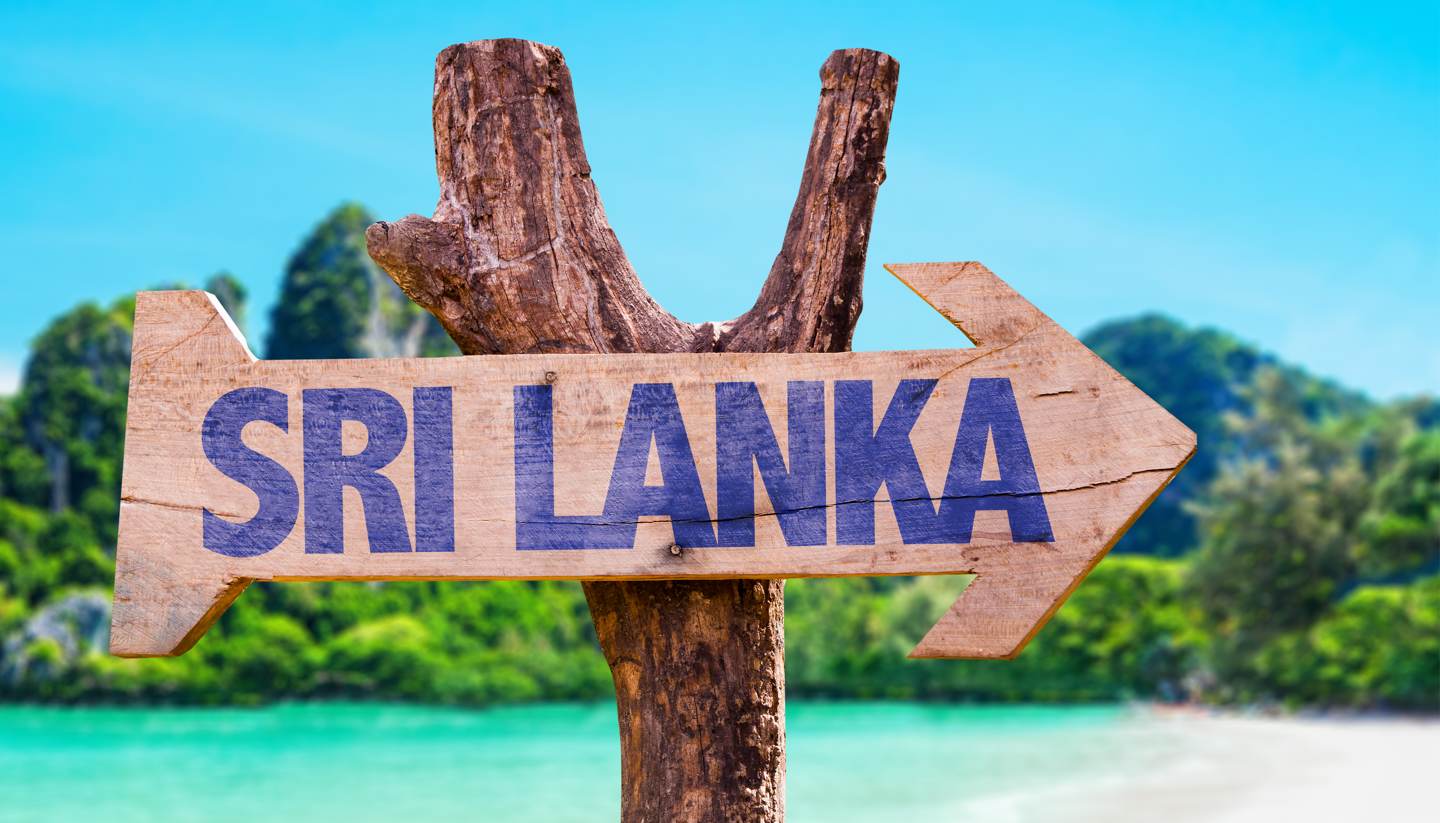Money and duty free for Sri Lanka
Currency and Money
Currency information
Sri Lankan Rupee (LKR; symbol Rs) = 100 cents. Banknotes are in denominations of Rs 5,000, 2,000, 1,000, 500, 200, 100, 50, and 20, though lower-value notes such as Rs 10, 5, 2, and 1 are now rarely seen, having been largely replaced by coins. Coins are available in denominations of Rs 20, 10, 5, 2, and 1, as well as 50, 25, 10, 5, 2, and 1 cents, though cents are seldom used in everyday transactions.
Credit cards
MasterCard and Visa are widely accepted in Sri Lanka's urban centres and tourist areas. However, it's prudent to carry cash for transactions in more remote locations or smaller establishments.
ATM
ATMs are widely available, though not all accept international cards. Those that do may charge a transaction fee. Withdrawal limits typically range from Rs. 40,000 to Rs. 80,000 per transaction, depending on the bank and ATM.
Banking hours
Mon-Fri 09:00 to 16:00.
Currency restrictions
Local currency: Both Sri Lankan residents and non-residents are permitted to import or export local currency up to LKR 20,000.
Foreign currency: The import of foreign currency is unrestricted; however, amounts exceeding USD 15,000 or equivalent must be declared upon arrival. For exporting foreign currency, up to USD 10,000 is allowed without documentation, but amounts exceeding this require the original import declaration.
Currency exchange
Licensed money exchange counters are prevalent in cities like Colombo, Negombo, Kandy, Galle, and Jaffna. These establishments often provide competitive exchange rates. Most commercial banks also offer currency exchange services. Travellers should avoid street dealers.
The US Dollar (USD) is the most widely accepted foreign currency for exchange in Sri Lanka. Other major currencies, such as the Euro (EUR) and British Pound (GBP), are also commonly accepted.
Sri Lanka duty free
Overview
Sri Lanka duty-free allowance for residents
Alcoholic Beverages: 2.5L of spirits and 2L of wine, granted once within a 365-day period.
Other goods:
• Less than 90 days abroad: Up to US $125 (if purchased overseas) or US $187.50 (if purchased at Sri Lanka duty-free shops).
• Between 90 to 365 days abroad: Up to US $500 (if purchased overseas) or US $625 (if purchased at Sri Lanka duty-free shops).
• Over 365 days abroad: Up to US $1,000 (if purchased overseas) or US $1,750 (if purchased at Sri Lanka duty-free shops).
Additional baggage allowances apply, depending on various factors. Returning residents are advised to check the latest regulations at Sri Lanka Customs.
Sri Lanka duty-free allowance for non-residents
• 2 bottles of wine and 1.5L of spirits.
• Up to 250ml of eau de toilette and a small quantity of perfume.
• Goods up to US $250.
• Personal clothing and other essentials.
There is no duty-free allowance for tobacco products. Additionally, valuable items such as cameras and laptops must be declared upon arrival and must be taken out of the country upon departure.
Banned Imports
Military and defence equipment, remote-controlled toys, hazardous chemicals and pesticides, used and reconditioned appliances.
Banned Exports
Military and defence equipment, remote-controlled toys, hazardous chemicals and pesticides, used and reconditioned appliances.



